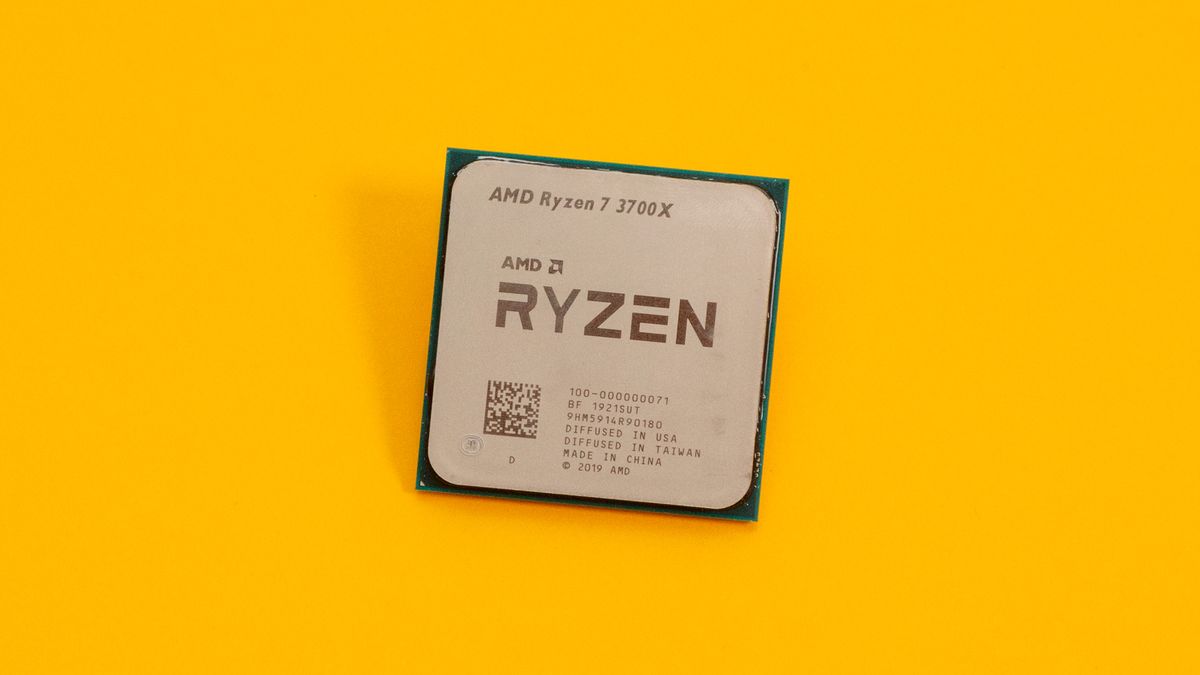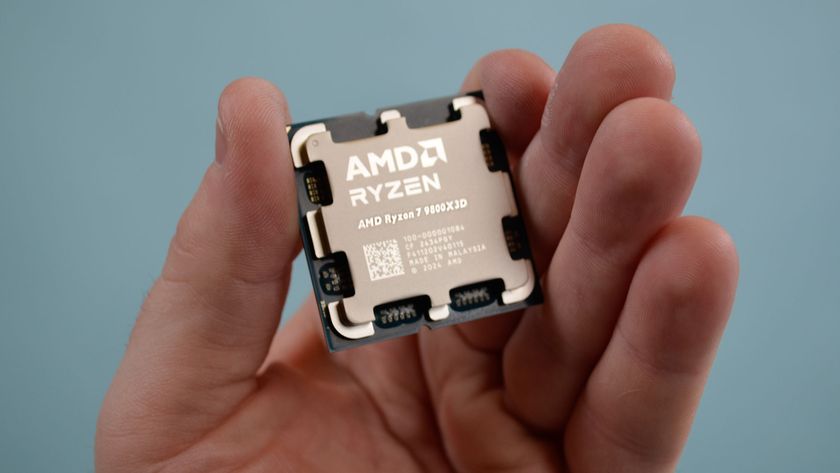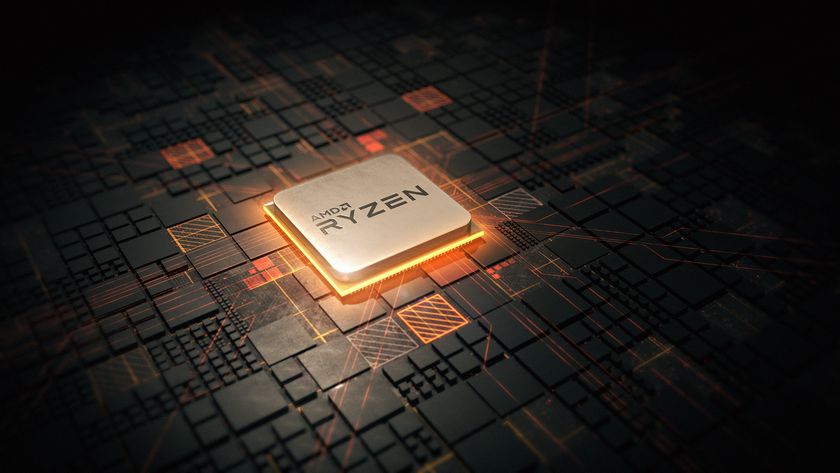AMD will release fix to improve Ryzen 3000 CPU boost speeds on September 30
Use with caution

Update: AMD has now officially announced that the updated BIOS firmware that's designed to address the boost clock issues found in some Ryzen 3000 processors will be available to download on September 30.
According to AMD:
"We understand that there are some users who expressed concerns about their ability to hit the maximum boost frequency of their product. The new BIOS resolves this issue by implementing the performance optimization to enhance the frequency which will add approximately 25-50MHz to the current boost frequencies under various workloads."
In the original news, below, we reported on how you can download the leaked version of the firmware. Now that we have a date, we'd recommend holding on until September 30 to get the official software. However, if you are impatient, read on to find out how you can grab the firmware right now.
Original story follows...
It looks like AMD’s promised fix for its Ryzen 3000 processors, which have been suffering from boost clock issues that impact performance, has leaked online – and if you’re brave enough, you can try the fix for yourself to see if it improves the performance of affected CPUs.
The new firmware has been made available to download from the Chiphell forums, and while you could download and install it for yourselves, we’d recommend holding off until AMD officially launches the firmware.
Get daily insight, inspiration and deals in your inbox
Sign up for breaking news, reviews, opinion, top tech deals, and more.
- AMD’s graphics cards are also crushing it, beating out Nvidia
- AMD vs Intel: which processors are better?
- These are the best AMD CPUs in 2019
However, the good news is that the kind folks over at Tom’s Hardware have downloaded and tested it with the AMD Ryzen 9 3900X and Ryzen 7 3700X processors to find out if the new firmware does indeed fix the problem.
AMD has come in for criticism after it was found that very few of its AMD Ryzen 3000 processors reach the advertised boost speeds – with AMD admitting that only one single core on any given CPU is guaranteed to hit the advertised boost clock speed.
Unsurprisingly, many customers have not been impressed with news that their processors are unable to reach the boost speeds they were promised, prompting AMD to announce that it was working on a fix.
Does it work?
So, how did the new firmware fare in Tom’s Hardware’s tests? The website uses the beta MSI BIOS that’s available from the Chiphell forums, and it should be noted that this is not official, so when AMD and motherboard makers do officially release the new firmware, it may be quite different from the leaked version.
First of all, Tom’s Hardware tested the firmware using the Ryzen 7 3700X processor. Before the update, the CPU could only manage 4.375GHz, slightly lower than the advertised 4.4GHz boost.
However, after the new firmware was installed, the Ryzen 7 3700X reliably reached 4.4GHz. So far so good.
However, the results weren’t so clear-cut with the Ryzen 9 3900X, as the chip saw some improvements, but not in every test. Using the old firmware, the chip tops out at 4.575GHz, just shy of the promised 4.6GHz boost (though as with the Ryzen 7 3700X, some users have have complained of much larger discrepancies).
During the test with the new firmware, the processor initially peaks at 4.625GHz, then settles on 4.6GHz. However, during some tests it then drops to 4.55GHz, and by the Cinebench test, it only reaches 4.425GHz.
This is disappointing for any Ryzen 9 3900X owners who were hoping that the firmware would bring a big improvement to the performance of the processor. However, we should again emphasize that these results are using an early, unofficial version of the firmware.
Hopefully we will hear from AMD imminently regarding the official fix. Until then, it’s well worth reading Tom’s Hardware’s in depth analysis of the beta firmware.
- These are the best processors of 2019

Matt is TechRadar's Managing Editor for Core Tech, looking after computing and mobile technology. Having written for a number of publications such as PC Plus, PC Format, T3 and Linux Format, there's no aspect of technology that Matt isn't passionate about, especially computing and PC gaming. He’s personally reviewed and used most of the laptops in our best laptops guide - and since joining TechRadar in 2014, he's reviewed over 250 laptops and computing accessories personally.










